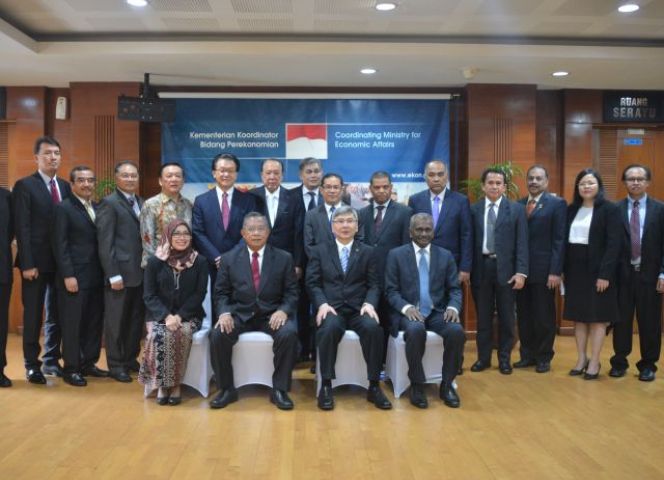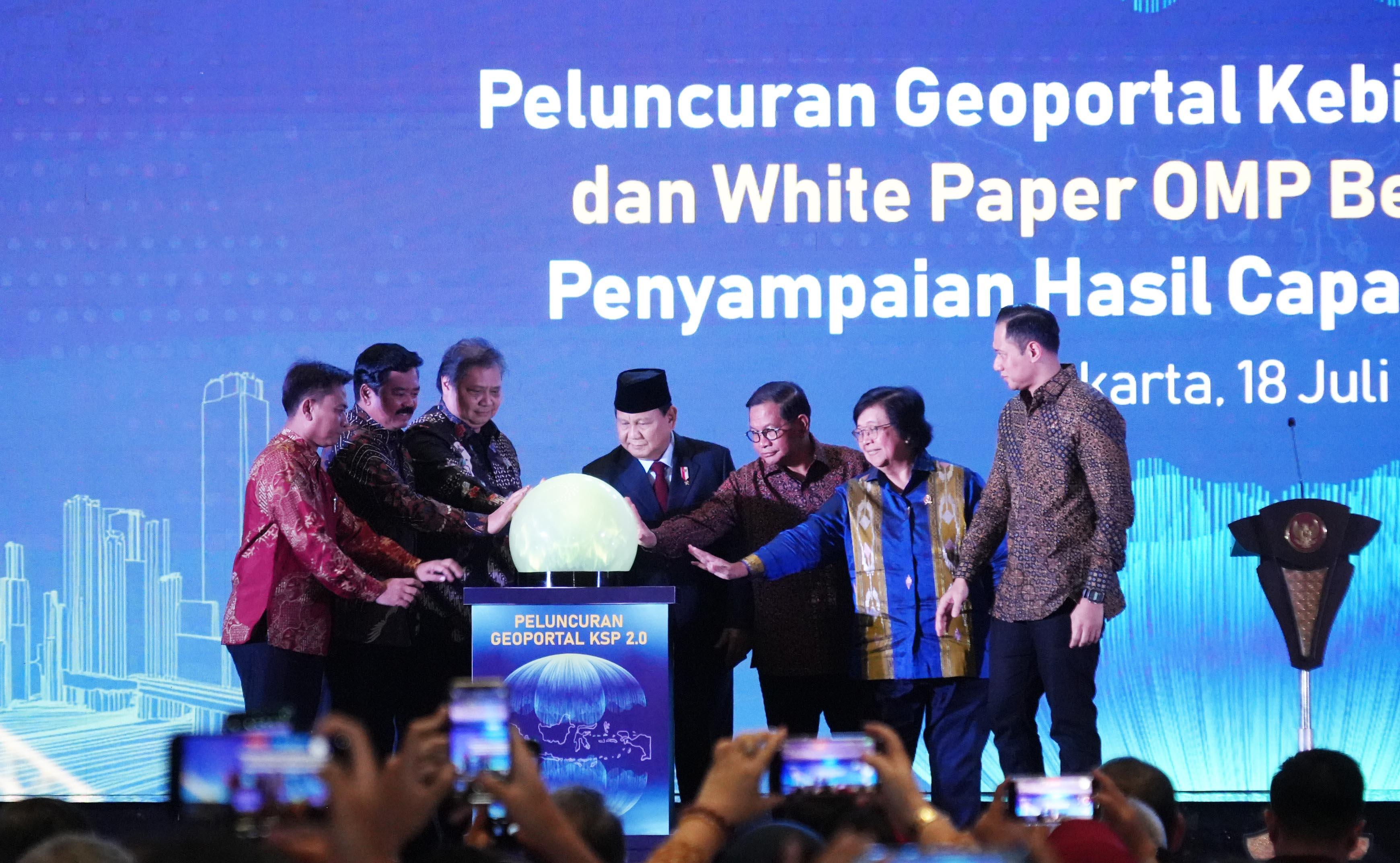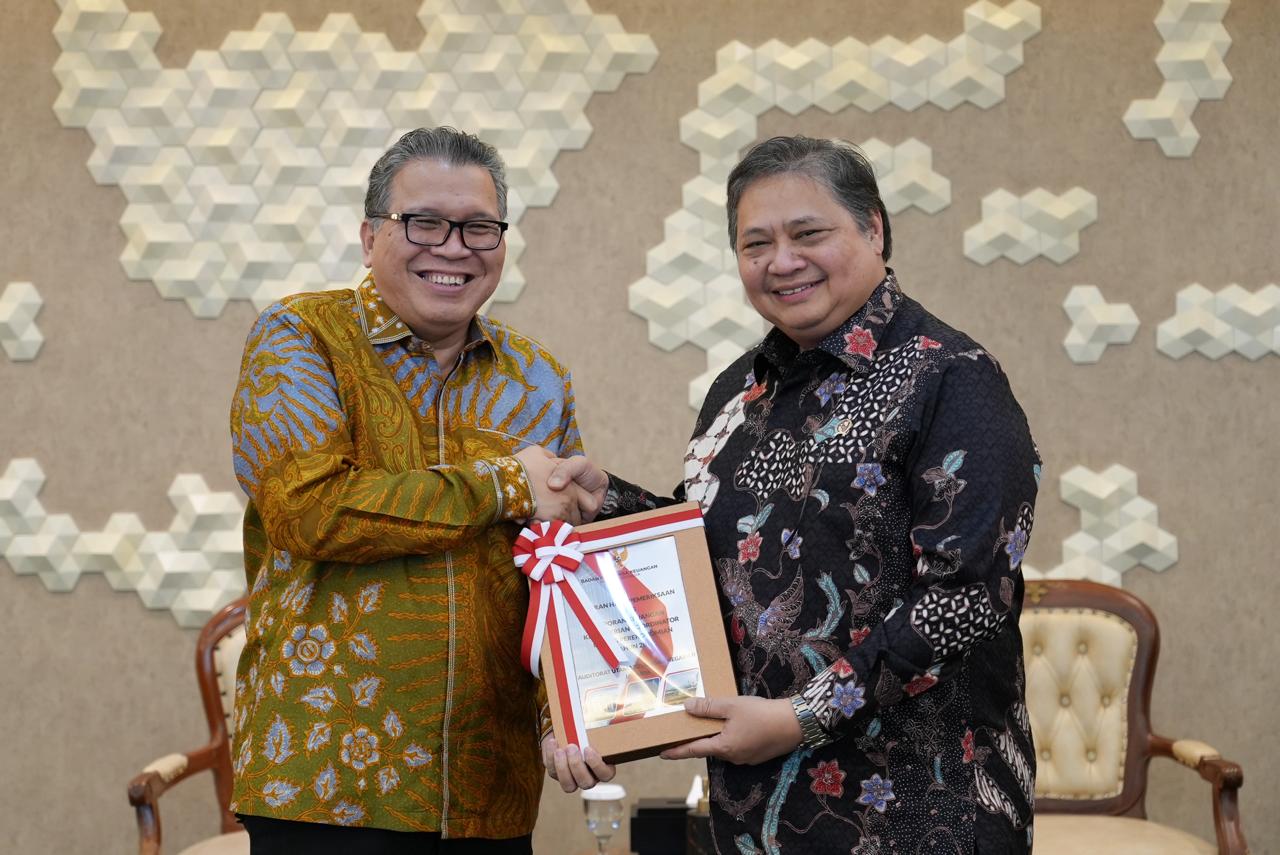
Joinnt Communiqué - Fourth Ministerial Meering Council of Palm Oil Producing Countries
12 Apr 2017 15:011. The Fourth Ministerial Meeting of the Council of Palm Oil Producing Countries (CPOPC) was held on 11 April 2017 in Jakarta, Indonesia. The Meeting was attended by H.E. Darmin Nasution, Coordinating Minister for Economic Affairs, Republic of Indonesia and H.E Datuk Seri Mah Siew Keong, Minister of Plantation Industries and Commodities, Malaysia. The Meeting was also attended by officials from both countries.
2. This meeting discussed progress of work under CPOPC and areas for further cooperation. In addition, the Ministers discussed global developments affecting palm oil trade, in particular on the adoption of the Resolution on Palm Oil and Deforestation of Rainforests by the European Parliament on 4 April 2017.Both Ministers expressed grave concern on the adoption of this Resolution, which has negative repercussions on palm oil trade. The Resolution claims that oil palm cultivation as one of the main drivers of deforestation and climate change.
3. The Ministers noted that the global oil palm cultivation which currently stands at 18.12 million hectares, is significantly lower in acreage compared to other vegetable oils such as soybean, rapeseed and sunflower seed which collectively stands at 180.29 million hectares. In addition, the annual productivity of oil palm at 4 tonnes per hectare is significantly higher compared to soybean at 0.4 tonnes per hectare, rapeseed at 0.7 tonnes per hectare and sunflower seed at 0.6 tonnes per hectare.
4. Both Ministers expressed their disappointment on a number of issues in the Resolution which calls for, among others:
5. This Resolution also does not reflect the stated commitment by the European Union towards meeting the Sustainable Development Goals in addressing poverty and raising the income levels. In this context, the palm oil industry has contributed enormously in the rural development of both countries. This industry has benefited over 2 million smallholders in Indonesia and 600,000 smallholders in Malaysia. Any measure aimed at restricting the development of the palm oil industry does not reflect the commitment by the global community towards ensuring sustainable development.
- development of a single certification system for sustainable palm oil by the EU. This recommendation ignores existing certification schemes by producer countries, including Indonesian Sustainable Palm Oil (ISPO) and Malaysian Sustainable Palm Oil (MSPO), which strive to achieve sustainable management of resources;
- only palm oil is proposed for certification while other oils and fats are currently exempted. There are no similar sustainability certifications or requirements for other vegetable oils and fats despite the higher productivity and lower land usage of oil palm in comparison to rapeseed, sunflower and soybean;
- alleges that global palm oil production is in breach of fundamental human rights and adequate social standards. This clearly neglects the reality that palm oil is an important economic enabler in Indonesia and Malaysia, which provides employment and vital income for poor communities and contributes to the livelihood and multiplier effects benefitting approximately 16 million people in Indonesia and 4 million people in Malaysia;
- takes note that in the 2013 European Commission Technical Report confirms that oil palm’s role in deforestation is relatively minor at 2.5% of gross global deforestation compared to cattle-grazing and soy cultivation; and
- palm biofuel produced from sustainable sources has been shown to be more environmentally friendly than other sources of biofuels. Phasing out of palm oil from EU biofuel programme by 2020 is incomprehensible since the environmental impact of any proposed replacement is more damaging.
6. Both countries will work together with other palm oil producing countries in addressing this issue with the European Union. This is aimed at ensuring that whatever measures adopted by European Union factors in the approach by Indonesia and Malaysia towards ensuring sustainable palm oil, among others, through ISPO and MSPO.
7. Both countries have strong commitments in the global efforts to tackle climate change, among others, through the ratification of the Paris Agreement.
8. It is the view of CPOPC members that environmental issues should not be used as a tool for discrimination and a disguised restriction to trade. The proposed measures under the Resolution could go against international obligations and adversely affect both exporting and importing countries. Such measures run counter to the general principles of open, rules-based, as well as free and fair international trade.
9. In this context, both Ministers agreed for a CPOPC Ministerial Mission in May 2017 to the EU for further engagement and cooperation from the perspective of the producing countries with the European Parliament and European Commission.
***




